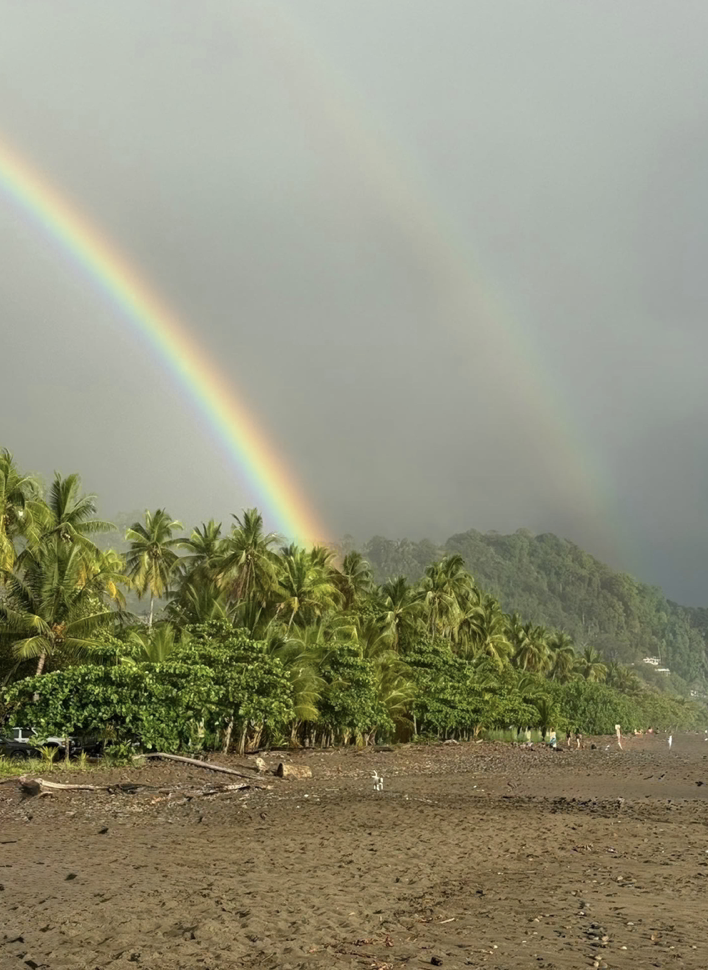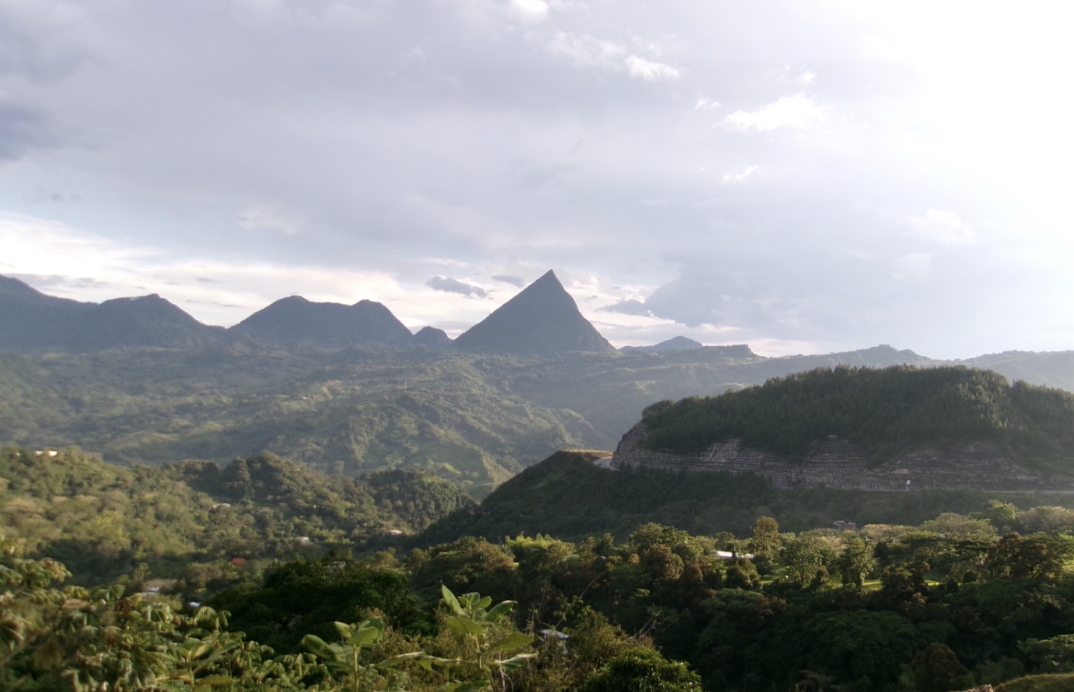staff editorial
It is easy to get carried away with a 45-minute shower after a long day, but a mere four-minute shower uses approximately 20 to 40 gallons of water, according to the WaterSense chapter of the U.S. Environmental Protection Agency (EPA).
Even though water is free and easy to waste, it should not be taken for granted, but protected and conserved. The economy, the planet and in fact all life depends on water, and measures to save the quality of the earth’s water must move quickly before the earth’s delicate balance is beyond saving.
Four billion people may face water shortages by 2050 due to pollution, according to the National Aeronautics and Space Administration and the World Health Organization.
Drinking water contaminated with chemicals or bacteria can make people sick, and contamination is rampant in toxic amounts of untreated human waste, industrial waste or pesticides. Nearly half the people on the planet do not have a system to safely dispose of human waste, according to the National Resources Defense Council (NRDC). That sewage and other run off ends up in formerly reliable drinking sources. The NRDC found that millions of people drink arsenic-laced well water every day.
Both developed and less-developed countries are already facing shortages in similar patterns — a pattern that has directly affected the United States. Drought is one of the costliest and most prevalent natural hazards on the North American continent, according to the National Oceanic and Atmospheric Administration. Recent drought years within the United States resulted in average annual economic losses of $6-8 billion, and the worst droughts of the past 25 years led to losses exceeding $40 billion.
The problem is close to home. The Colorado River — once a mighty force through the Southwest — no longer reaches the ocean. Southwestern states may face threatening shortages as early as 2025.
California moved one step closer to mandatory water rationing this past February when Gov. Arnold Schwarzenegger ordered government agencies to implement the state’s emergency plan to provide help for communities impacted by the third consecutive year of drought.
The threat of water scarcity should be a major concern for the state, the country and the world. The issue is as important as global warming, if not more.
Populations are growing. Polluted, undrinkable water is harming habitats and decreasing biodiversity. If water continues to grow scarce and its quality continues to decline, its price will increase along with conflict for territory and water rights. The planet and its inhabitants are in serious economic and environmental danger.
Water the plants with the water collected while the shower gets hot. Wash all the dishes with one tub of soapy water. Fix those leaks before the leaks run dry. A nice lawn is not worth wasting a valuable substance that can be neither engineered nor replaced. There are no alternative resources for water. Conservation is the only choice.








